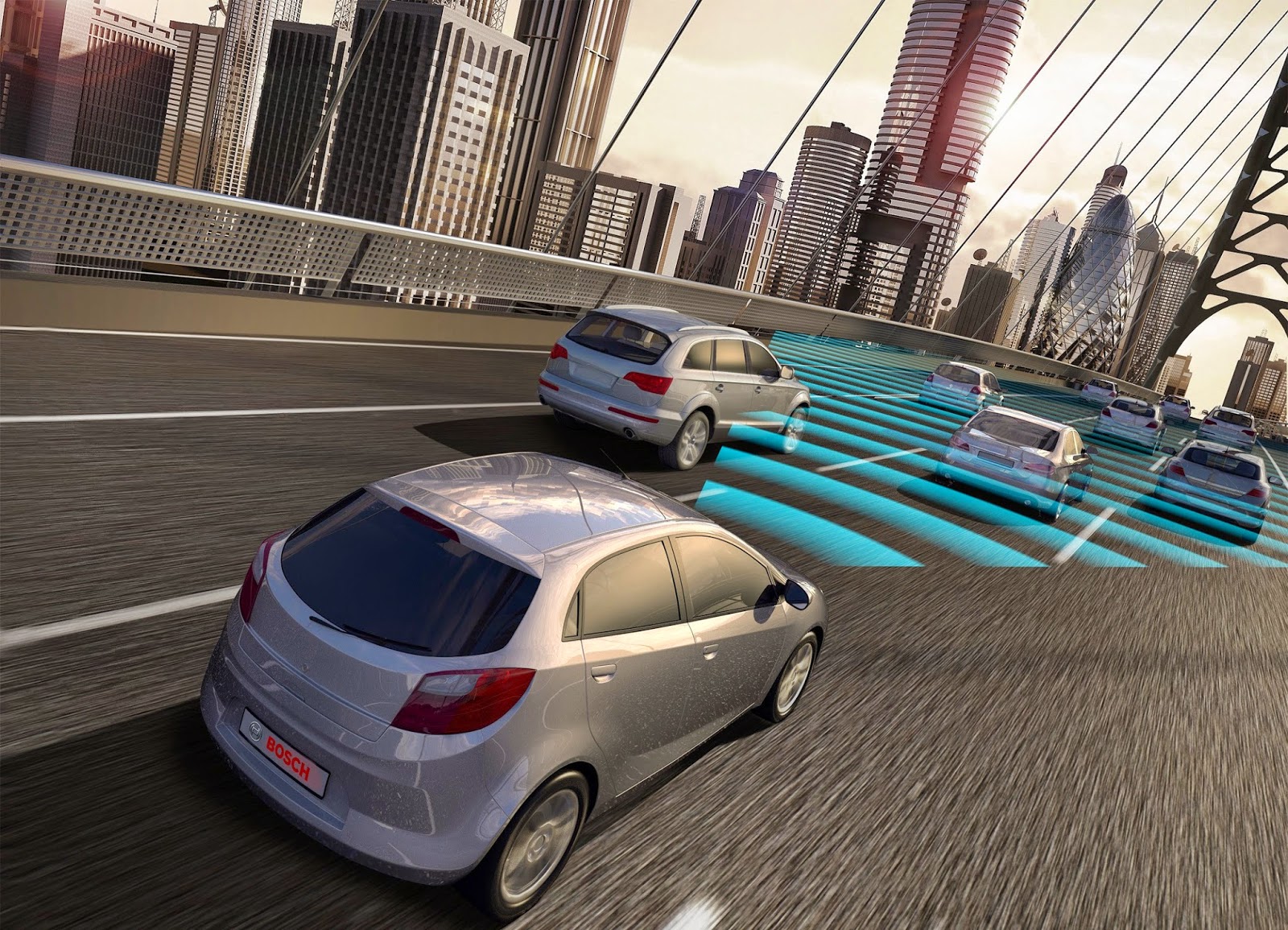Since the first use of the buzzword 'smart' for electronic devices such as phones and tablets (based on the enhanced function of these devices as technology waxes stronger), many other entities including services (transport, services in healthcare, insurance,shopping and so on), relying on the power of super-computing technology, are making efforts to get it attached them also. We have smart TVs, smart watches, smart shopping, smart almost everything, etc.
But the word 'smart' means being able to make informed decision on solutions (choosing the best set of solutions from a myriad of solutions-this requires tremendous permutations and combinations from an already acquired database of experience, facts and statistics) when presented with complex problems; and a handful in various categories of electronic devices has been able to live up to this high expectation, with smartphones being the first on the list. Google, Samsung and other tech giants have come up with things like the
Google Glass, smart watches, with Google planning to bring self-driving cars to the market in some years' time.
But even before we have self-driving cars--a smart ability in cars-there is already a handful of capabilities being built into the new generation cars to justify the use of the word 'smart car'. We have cars with TVs; internet facility and many of the things that come with having internet access--
GPS ( global positioning system), to navigate one's way through an unknown territory using one's car; Bluetooth synchronicity to connect your smartphone to your car and hence enable you to answer calls or take text messages from the smartphone hands-free; electronic database of your car's full functionality; and so many others.
These are great stuffs; but what caught my attention recently in the 'new generation' enhancements being added, and hence would qualify, for me, cars to have the 'smart' buzzword added to them, is the so-called
cognitive safety system. The cognitive safety system is a technology that uses radars, video cameras and other sensor systems built into cars to obtain real-time data on the traffic of any place, analyse road traffic accident data archive of such a place, reconstruct and simulate these accidents and analyse the various safety measures taken to avert the accidents; it then optimizes the gathered information to construct the best set of accident-averting solutions at all times and in situations of unavoidable collisions.
 |
Driver Assist Radar technology.
Image credit to EE Times |
These measures include the
Autonomous Emergency Braking system which uses the synthesized data and brake pressure in the car to give it maximum braking to avoid a collision or reduce the severity of impact in unavoidable collision, with or without the driver's effort; Driver Assist system which uses the same data to guide the driver on accurate steering, braking and so on.
Some of these stuffs are still in the final stages of development; hence, the future of our driving is definitely accident-free bright as requirements for the general acceptability of the terms 'smart cars' and 'smart driving' are being met one after the other each day we wake up.



No comments:
Post a Comment